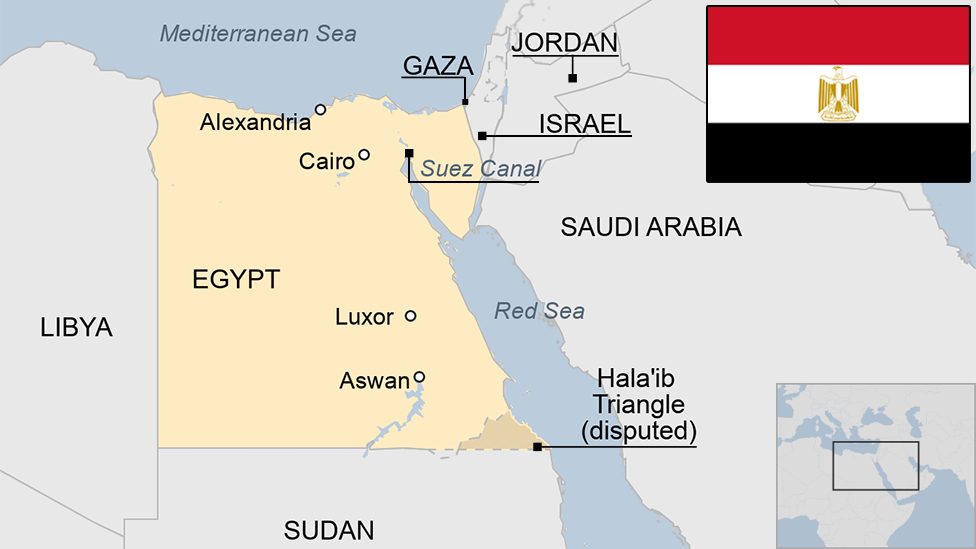Egypt to bail Amal Fathy, jailed for 'fake news' after harassment complaint
- Published
In Egypt, fake news becomes the weapon of choice to crush dissent
A court in Egypt has ordered the release of the women's rights activist Amal Fathy, who was detained after criticising the authorities for failing to tackle sexual harassment.
Ms Fathy was charged with "spreading fake news" in May after posting a video in which she recounted her experiences.
She was given a two-year suspended prison sentence in September, but she was not freed because of another case.
On Tuesday, a judge said Ms Fathy should be freed on bail pending trial.
Amnesty International called on the authorities to comply immediately.
Ms Fathy, a 34-year-old mother-of-one, is a former activist in the April 6 youth movement and is also the wife of activist Mohamed Lotfy, the head of the independent Egyptian Commission for Rights and Freedoms (ECRF).
She was arrested in Cairo on 11 May, two days after she posted a video on Facebook in which she described how she had been sexually harassed twice in one day and condemned the government's failure to protect women.
She also criticised deteriorating human rights, socio-economic conditions and public services.
Ms Fathy was detained and convicted four months later of "spreading fake news that harms national security". A judge sentenced her to two years in prison that could be suspended pending payment of $1,120 (£885) in bail and a $560 fine.
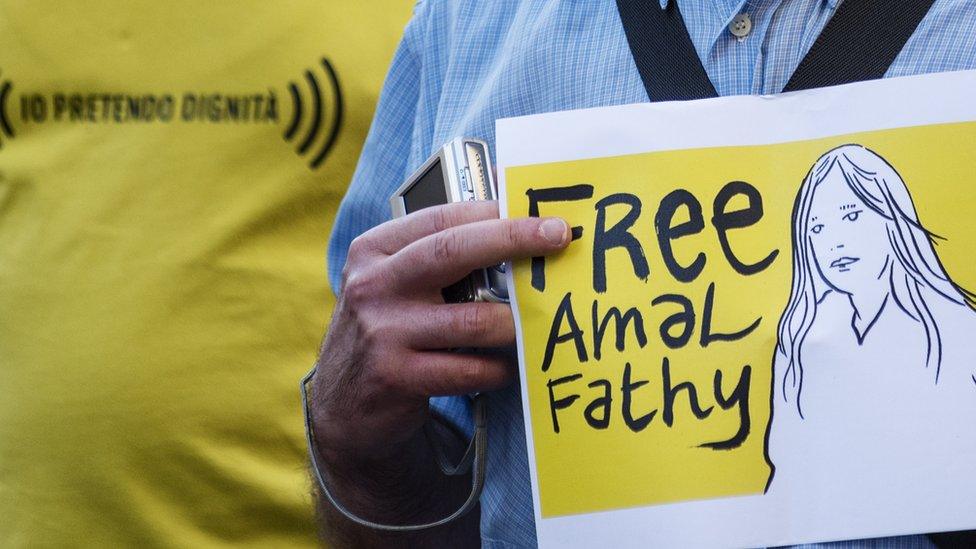
Rights activists have been campaigning for the release of Amal Fathy
Amnesty International said the bail and fine were paid, but that Ms Fathy was kept in custody because she was awaiting the verdict of an appeals court on 30 December and was also facing trial on separate charges, external of "belonging to a terrorist group", "broadcasting ideas calling for terrorist acts", and "publishing fake news".
On Monday, a court in the capital ordered her release on probation after accepting her appeal against her pre-trial detention in relation to the terrorism case, for which the next hearing is scheduled to take place on 26 December.
Najia Bounaim, Amnesty International's North Africa campaigns director, said the court decision offered "a glimmer of hope".
"Amal Fathy is being punished simply for peacefully speaking out against sexual harassment in an outrageous violation of her right to freedom of expression, contravening both Egypt's international obligations and its own constitution," she added.
"The Egyptian authorities must now drop all charges against her, quash her earlier conviction and two-year prison sentence and ensure she doesn't face any further reprisals for freely expressing her opinions."
- Published29 September 2018
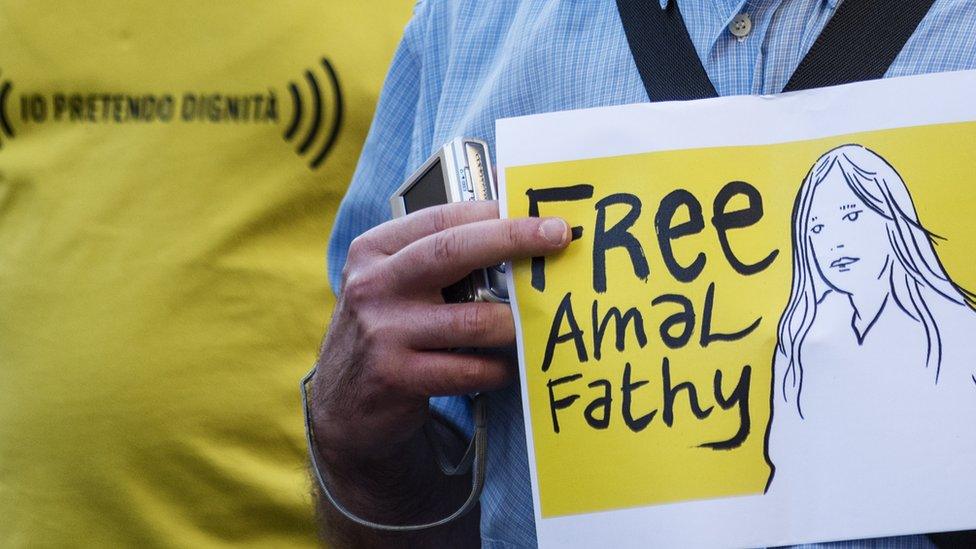
- Published18 August 2018
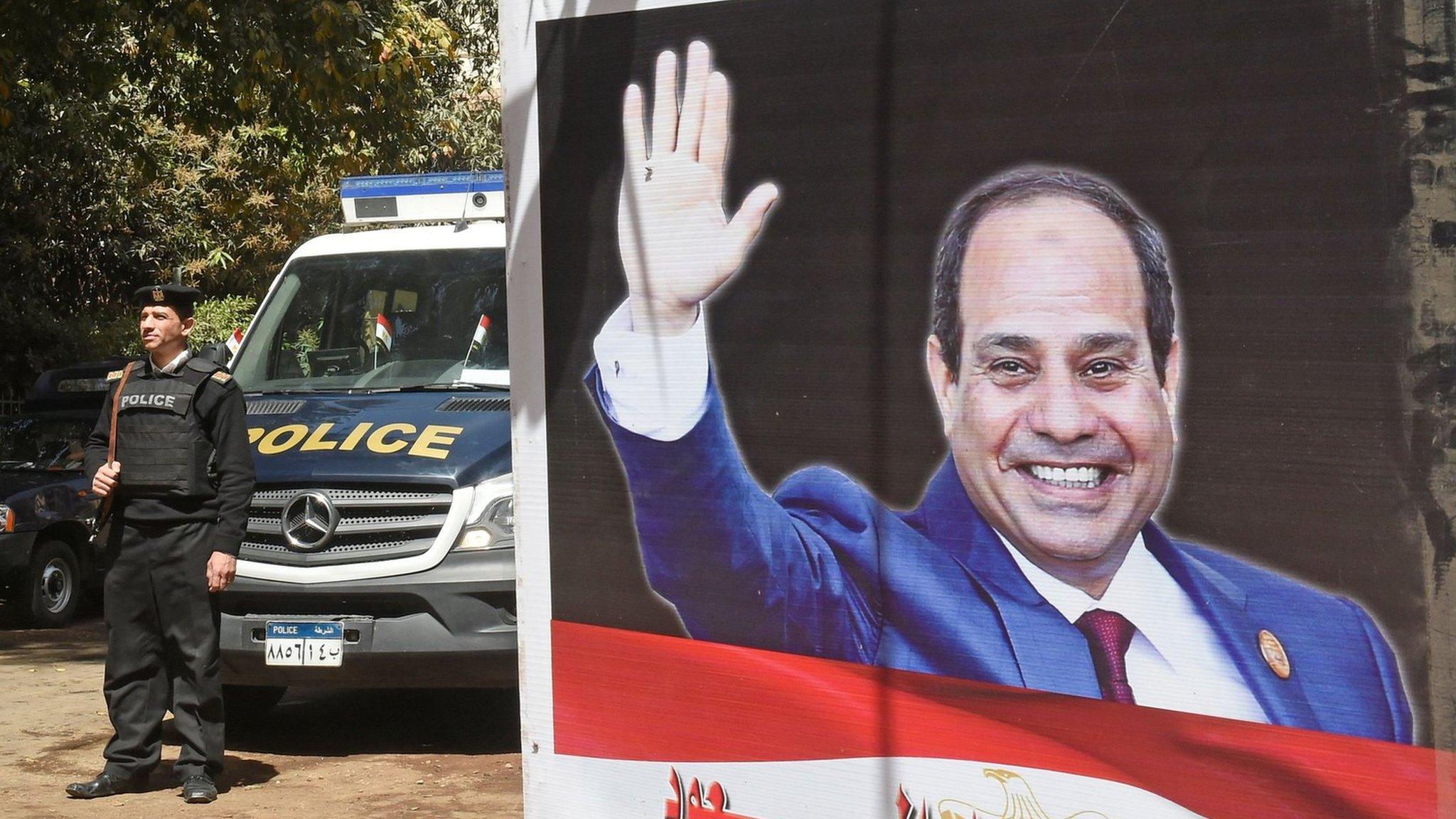
- Published6 September 2017
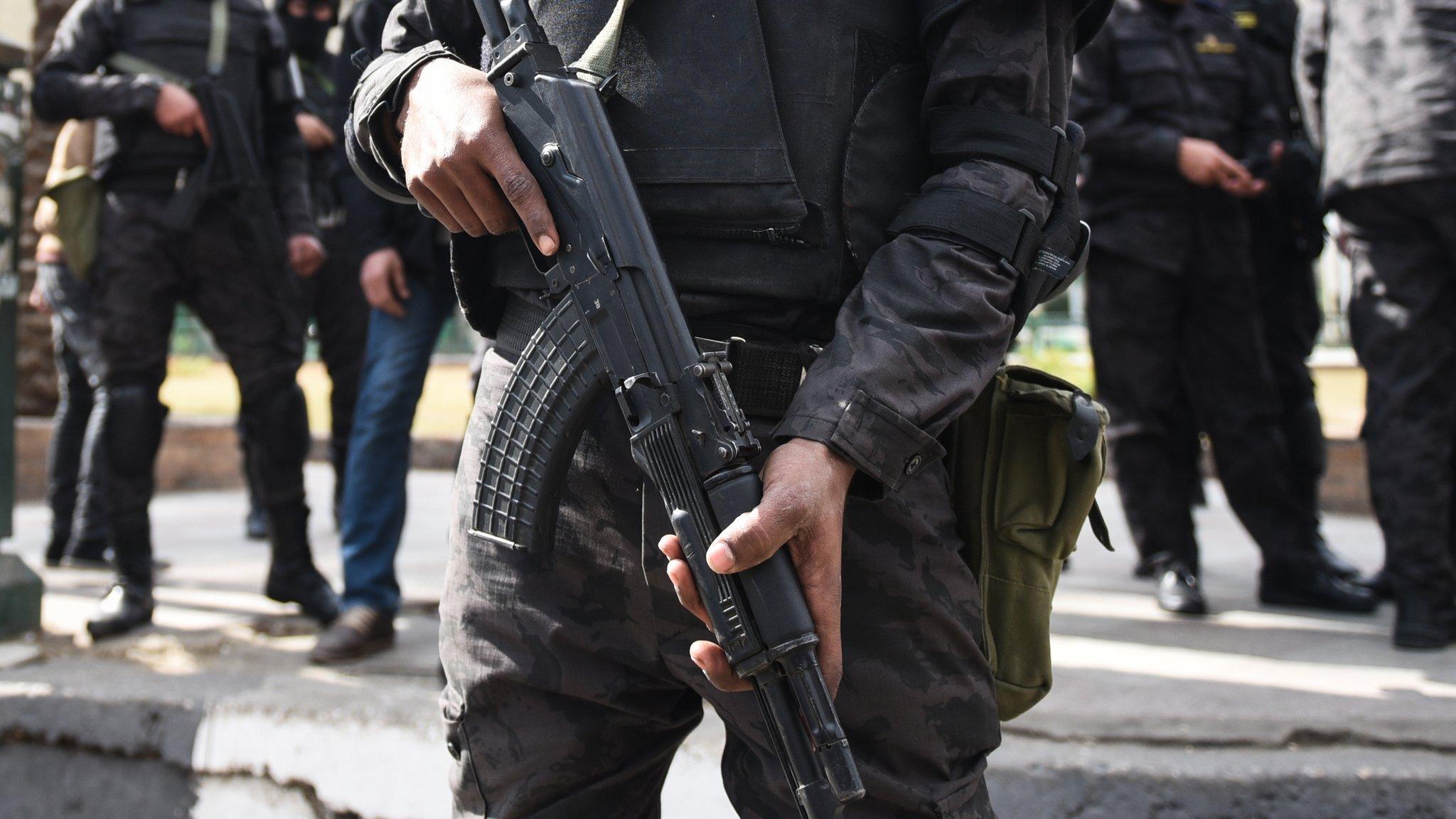
- Published25 January 2017
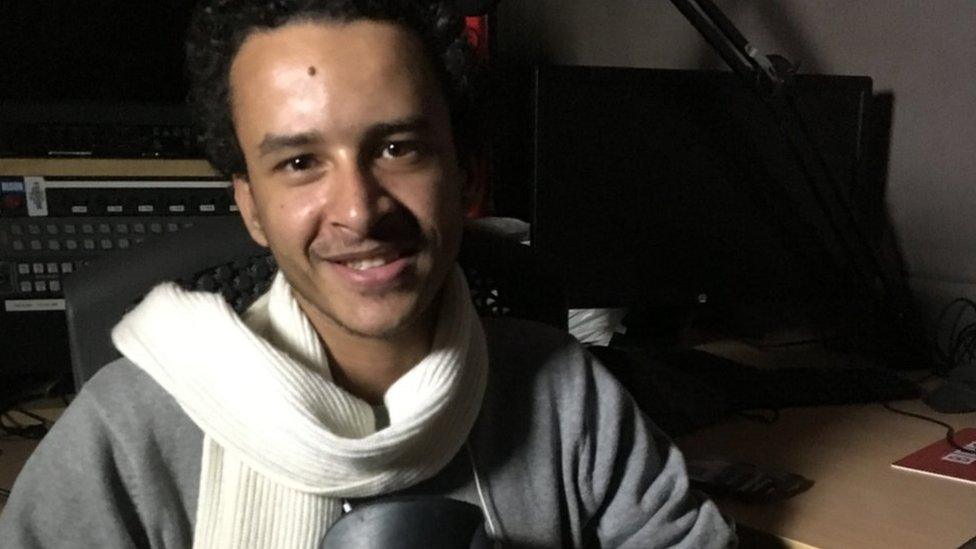
- Published30 December 2017

- Published2 January 2024
